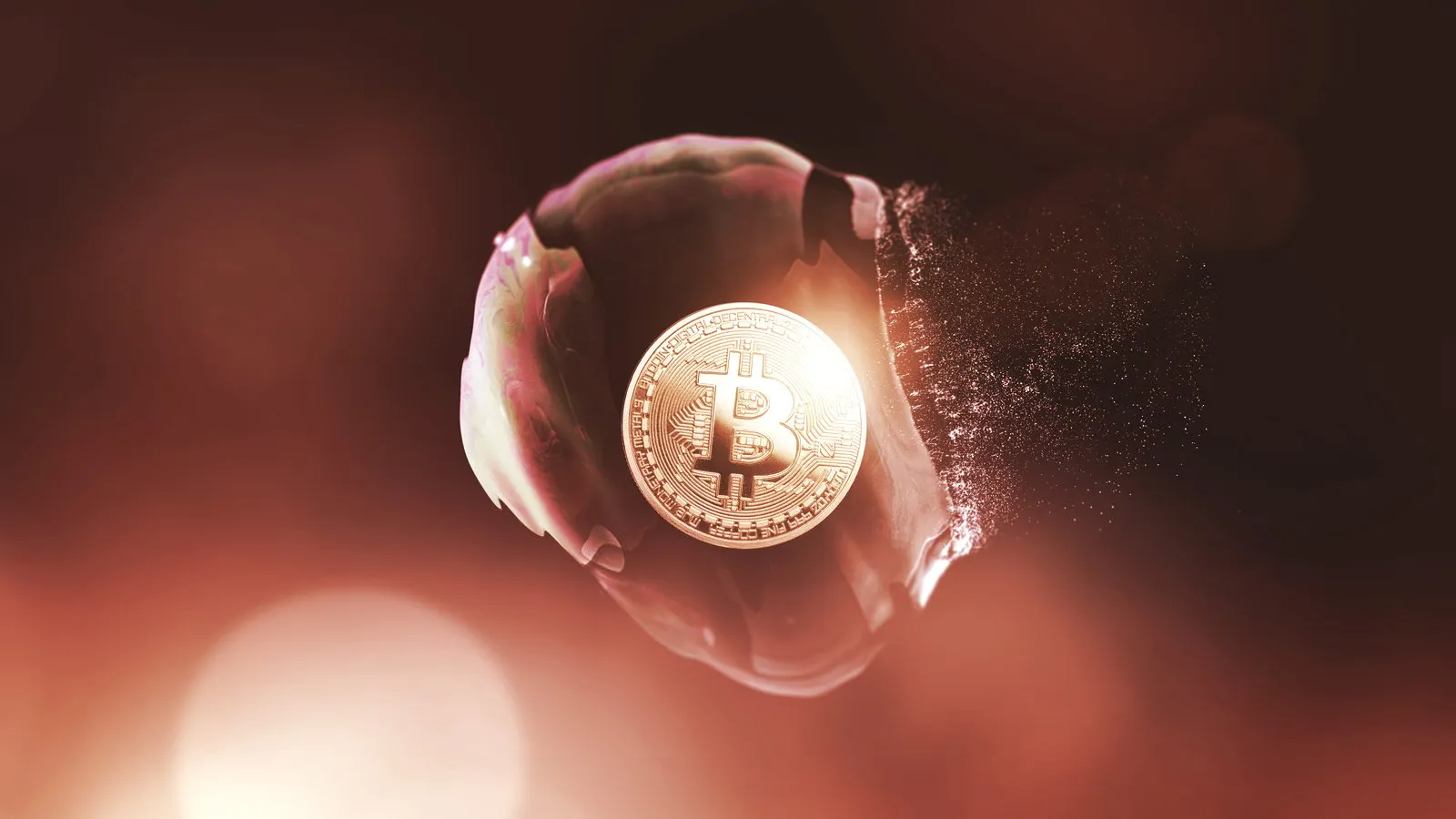In brief
- Billionaire hedge fund manager John Paulson argued that Bitcoin and other cryptos are "a limited supply of nothing."
- According to him, "there's no intrinsic value to any of the cryptocurrencies except that there’s a limited amount.”
Billionaire John Paulson, who made a fortune by shorting the American real estate market amid the 2008 financial crisis, argued that Bitcoin and other cryptocurrencies are “a limited supply of nothing” and will eventually go to zero.
Speaking with Bloomberg today, Paulson stressed that he is not a believer in crypto and “would say that cryptocurrencies are a bubble.”
“I would describe them as a limited supply of nothing. So to the extent, there’s more demand than the limited supply, the price would go up. But to the extent the demand falls, then the price would go down,” Paulson said. “There’s no intrinsic value to any of the cryptocurrencies except that there’s a limited amount.”
NEW: "I would say that cryptocurrencies are a bubble. I describe them as a limited supply of nothing."
Billionaire investor John Paulson says crypto holders should be prepared to lose everything.
Read The Big Take ⬇️ https://t.co/OnhEUhSVrl
— Bloomberg (@business) August 30, 2021
Over a decade ago, his company earned roughly $20 billion by capitalizing on the real estate bubble that resulted in one of the worst financial crises in modern history. Paulson did this by betting that subprime mortgage bonds would go down, also known as shorting.
A subprime mortgage is a loan given to a borrower that bears more default risk than another borrower with a better credit score. The interest rates for these mortgages are also much higher.
Still, cryptocurrencies are too risky from an investment standpoint, Paulson argued.
“In crypto, there’s unlimited downside. So even though I could be right over the long term, in the short term, I’d be wiped out. In the case of Bitcoin, it went from $5,000 to $45,000. It’s just too volatile to short,” he said.
Bitcoin offers too little reward for risk
In part, this is because crypto trading is mostly symmetrical in terms of its risk-to-reward ratio.
Meanwhile, shorting the U.S. housing market was a highly asymmetrical trade, “meaning you could lose a little bit on the downside, but make essentially 100 times on the upside.”
“Most trades are symmetrical. You could make a lot, but you risk a lot. And if you’re wrong, it hurts,” Paulson noted. “Cryptocurrencies, regardless of where they’re trading today, will eventually prove to be worthless. Once the exuberance wears off, or liquidity dries up, they will go to zero. I wouldn’t recommend anyone invest in cryptocurrencies.”
At the same time, Paulson praised gold, arguing that it “does very well in times of inflation” because there is a “very limited” amount of investable gold.
“As inflation picks up, people try and get out of fixed income. They try and get out of cash. And the logical place to go is gold,” he explained. “But because the amount of money trying to move out of cash and fixed income dwarfs the amount of investable gold, the supply and demand imbalance causes gold to rise.”

